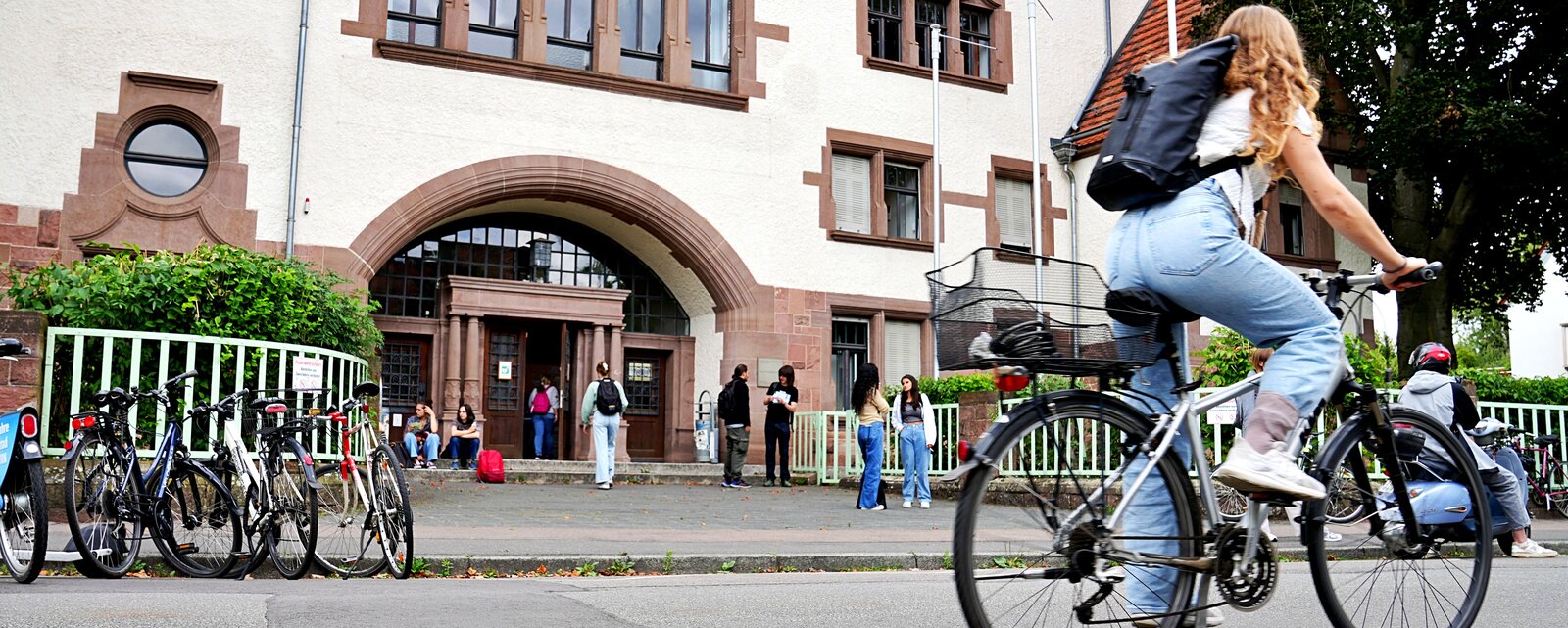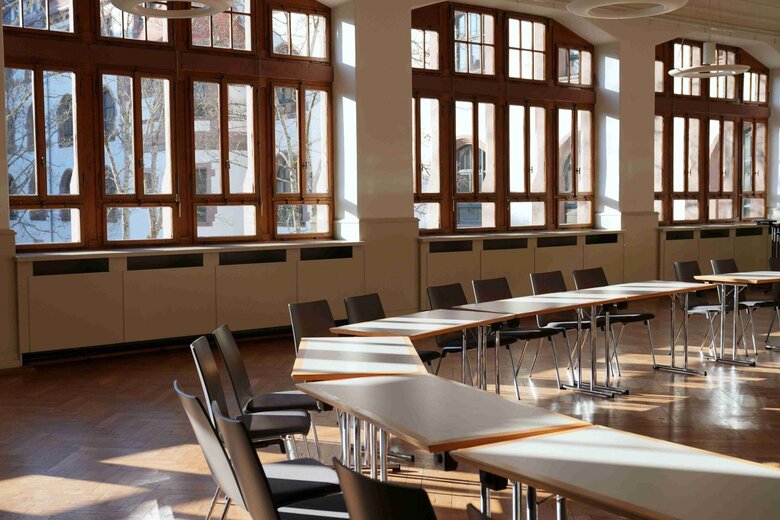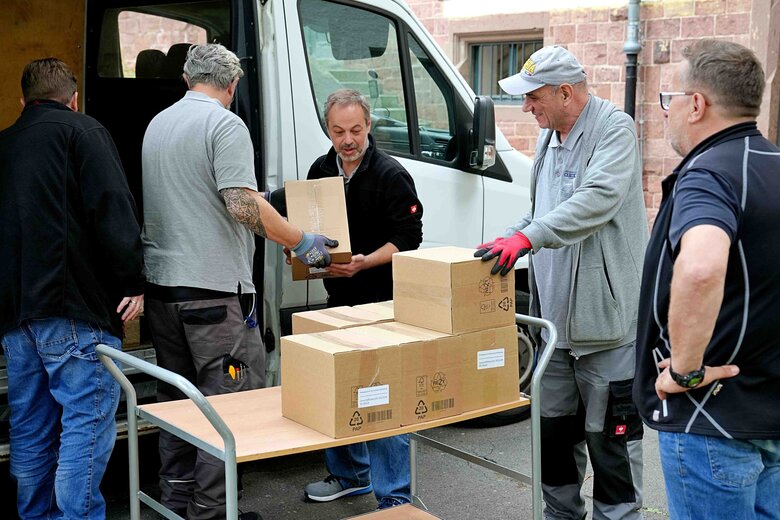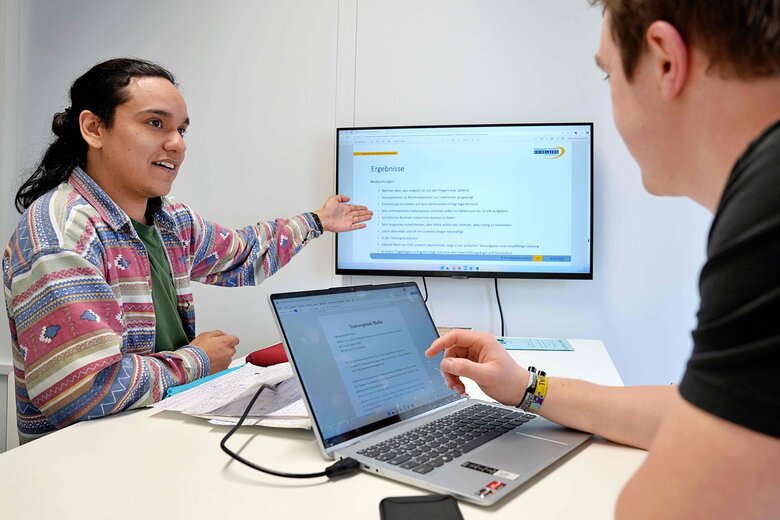Heidelberg University of Education stands for commitment, innovation and a clear mission: education for the future. With around 5,000 students, 70 professors, 230 academic staff and 160 employees in the supporting departments, our university in Heidelberg forms a strong network for knowledge, research and collaboration.
This page provides you with an overview of the organisational foundations of PHHD - from management bodies and central facilities to human resources. These include our three faculties, which combine educational sciences, specialised didactics and special education, as well as a dedicated administration that keeps the campus running. These are complemented by academic and central facilities that drive forward topics such as inclusion, digitalisation and sustainability. This makes Heidelberg University of Education a vibrant educational institution that is actively shaping the society of tomorrow.
The central governing bodies - the University Council, Rectorate and Senate - work together in a spirit of trust to set the strategic course, make important decisions and provide impetus for study, teaching, research and transfer. Their common goal: the sustainable further development and strengthening of our university in the interests of all students, employees and partners.
The members of our three faculties primarily conduct research in educational sciences, specialised didactics or special education. The more than 70 professors and around 250 academic staff also incorporate their practical expertise and research work directly and visibly into teaching.
Faculties and institutes
The administration of our university is more than just the organisational backbone - it is a reliable partner for students, lecturers and researchers. With a great deal of commitment, expertise and service-orientation, the individual departments pursue the goal of ensuring that all processes run smoothly and that our campus is a place where students and members enjoy studying and working.
Administration
From the International Office to the Transfer Centre - our university's central operating facilities support studies, teaching and research in a variety of ways. Our academic institutions also offer space for exchange, innovation and in-depth exploration of the topics of inclusion, education for sustainable development, digitalisation and health.
Academic facilities
operating facilities



